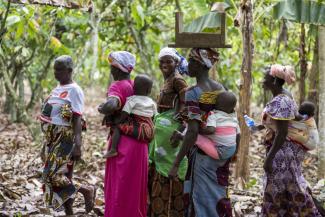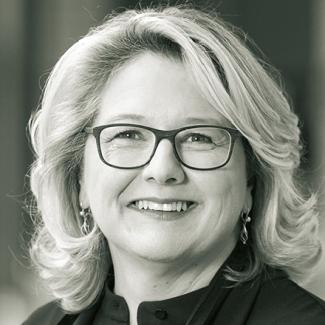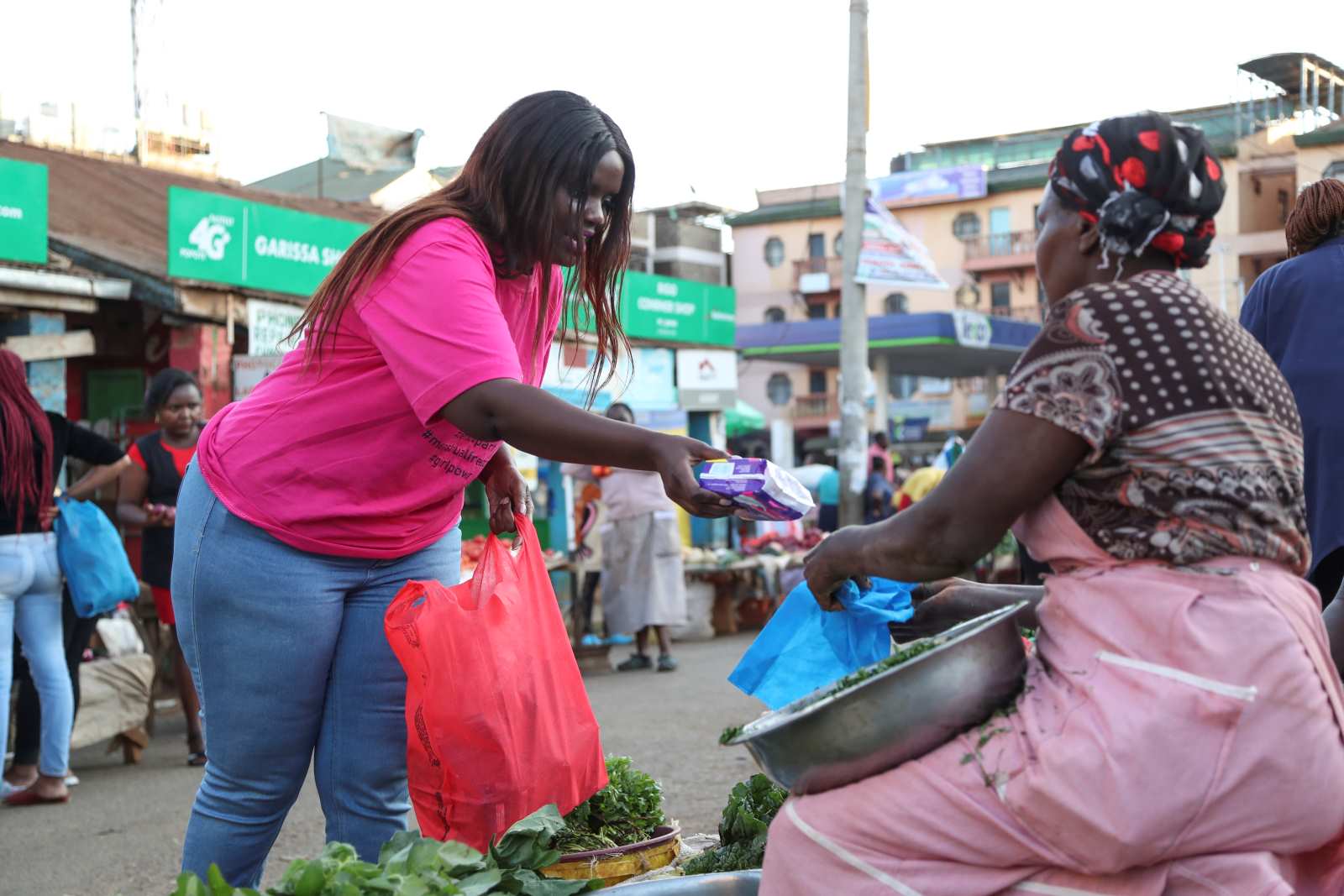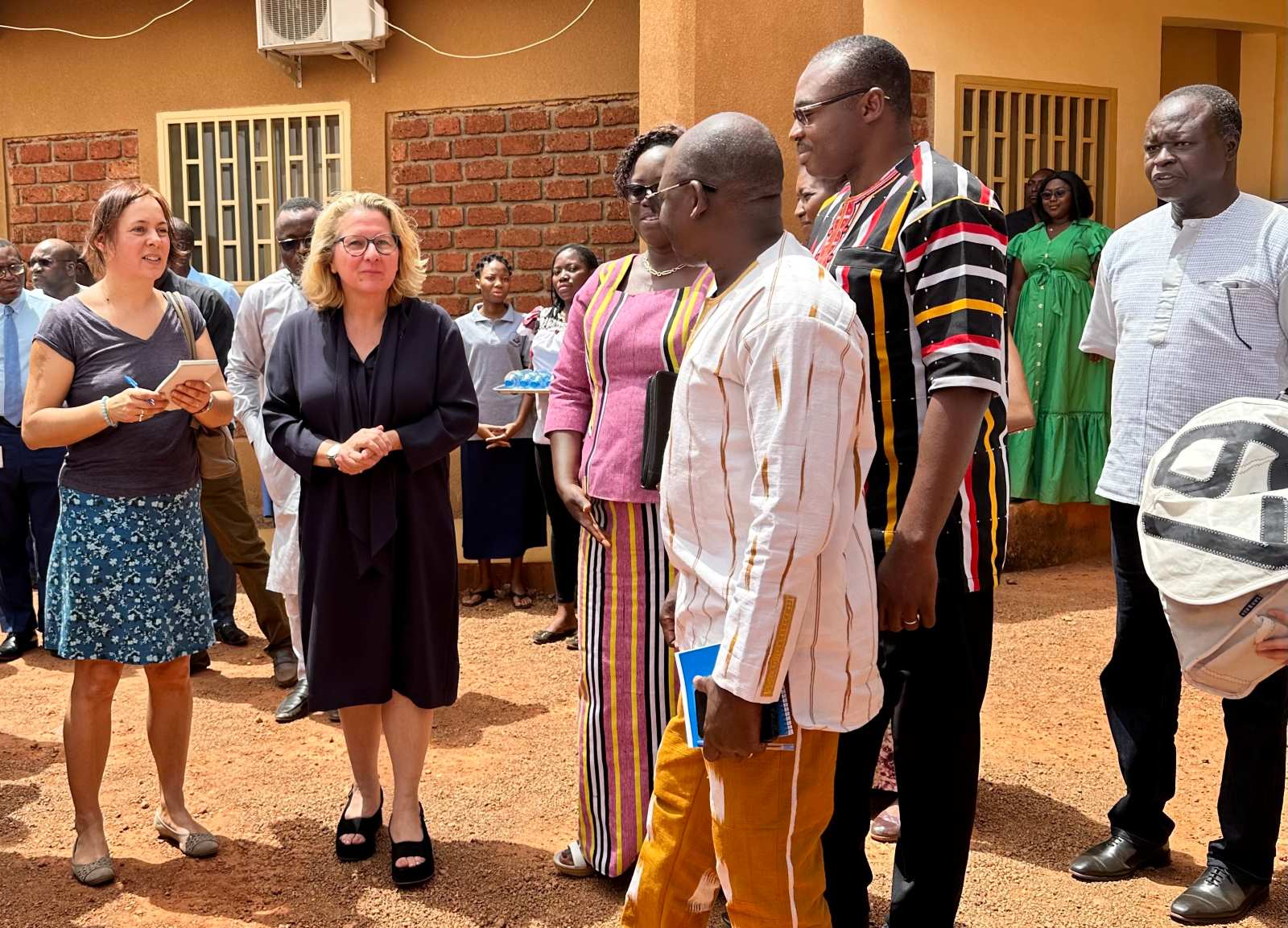Creating value
Women, climate and chocolate

Why does added value matter for development cooperation? It’s simple: when people in African, Asian and Latin American countries produce agricultural commodities such as soy, palm oil, cocoa or coffee, they often do not benefit much. Though they work hard on the fields, they only get a small share of the profits. Processing commodities tends to generate the most profits, and they end up in the accounts of internationally active corporations, not in the pockets of people in the global south.
Farmers add more value when they not only grow cocoa and coffee, but also process the produce. That value materialises in the form of additional income, additional jobs and better nutrition, because fewer food items need to be imported. I am therefore convinced that development policy must boost local value chains.
Why women matter
In the Sahel region, hunger and poverty make many people susceptible to terrorist recruitment. The terrorists promise incomes that are otherwise unavailable. Sustainable agriculture and more local value creation are necessary in the region to fight hunger and to offer local people perspectives. That, in turn, requires climate-resilient agricultural practices, greater productivity, more local processing and better marketing of products. What does that look like in practice?
In Burkina Faso, German development agencies have supported 138,000 farmers apply sustainable methods of soil and water management. Related efforts made the fields more resilient to climate change, so harvests now remain reliable in spite of droughts and storms. In cooperation with our local partners, we are also assessing how small-scale business can operate in ways that improve their financial returns.
Sabine Nana is an entrepreneur whose company processes two tons of manioc per day to produce couscous. To expand the business, Sabine took part in training courses that were supported by German development cooperation. She learned how to draft a business plan, improved her leadership skills and adopted better technologies to make her manioc dough last longer. In the meantime, Sabine has begun to train young women herself and helps them start businesses of their own.
Sabine is currently supplying couscous to the cafeterias of 300 primary schools. Her annual sales have increased from € 120,000 in 2019 to € 300,000 now. She used to employ 25 women, and that number has doubled. The wages make her staff economically independent, enabling them to feed their families and send their children to school.
More added value does not matter only in business terms. It is of great social relevance. It boosts women’s autonomy and improves the outlook for their children. Moreover, it improves security not only in the region, but even in Germany, by reducing the reach of terrorist agitation.
How climate-resilient approaches matter
As in the Sahel region, climate change is one of the main drivers of hunger and poverty in many places around the world. Flooding, droughts and storms destroy farmland, forcing people to leave their homes and find new livelihoods elsewhere.
That was the fate of Suma Begum in Bangladesh. She lost her home to a flood and fled with the family. The informal settlement, where they now live, only offers rather few income opportunities. Suma found a training programme run by German development cooperation most helpful.
It taught her how to grow vegetables at home, not only in her tiny front and back yards, but also in bags on the roof and the walls of her shelter. Suma can now fend for her family and sells surplus vegetables in the neighbourhood or on the market. The revenues have allowed her to join a saving scheme, ensuring that she stays able to pay school tuition and, if need be, doctors.
Her example shows how innovative and climate-resilient methods enable people to earn reliable incomes in spite of global warming. They make them less dependent on aid in times of crisis and less likely to flee to foreign countries.
Chocolate, for example
Besides vegetables, chocolate can contribute to improving people’s prospects. Statistically, every German eats an annual nine kilogrammes of chocolate on average. Only few Germans, however, are probably aware that only six cent per chocolate bar of 100 grammes end up in the households of cocoa farmers.
That is plainly not enough to make a living, and the situation gets even worse when climate impacts diminish the harvest, as recently happened in Ghana and Côte d’Ivoire. To improve matters, my ministry is cooperating with Germany’s Federal Ministry for Food and Agriculture, private-sector companies and civil-sector organisations in a multi-stakeholder initiative called German Initiative on Sustainable Cocoa. The shared goal is to ensure that at least 90 % of the cocoa farmers earn living wages by 2030.
In a joint project of the German Initiative on Sustainable Cocoa, local partners are teaching up-to-date cultivation methods, not only with regard to cocoa, but other cultivars as well. This approach allows them to diversify their incomes.
Moreover, the farmers are encouraged to process parts of the cocoa plant that they used to discard. It is possible to make a refreshing drink from the cocoa fruit, for example, or to turn cocoa shells into bio fertiliser. The project focuses on women because there is evidence of mothers investing a larger share of their incomes in feeding and educating their children than fathers do.
More must happen. Sourcing companies from Europe must ensure that those who work in the value chains earn living wages in decent labour conditions. It matters very much that the EU’s Corporate Sustainability Due Diligence Directive (CSDDD) will force companies to improve their sourcing policies in the future. Though its norms are not in force yet, I expect corporations to start implementation immediately. That not only makes sense in ethical terms, but in business terms too. Anyone who practices fair trade, has a competitive advantage.
Added value delivers results
The above examples from the Sahel region, Bangladesh and Côte d’Ivoire illustrate how local value creation helps to fight hunger and poverty. However, the international community also needs structural change. More governments, more international organisations, more private-sector companies and more civil-society activists must cooperate with the goal of everyone on Earth getting sufficient amounts of good food.
The Hamburg Sustainability Conference (HSC) will offer an opportunity to join forces in this sense. It will take place on 7 and 8 October, hosted by my ministry in cooperation with the City of Hamburg, the Michael Otto Foundation and the United Nations. We are convening leaders who represent politics, business, civil society and academia from all over the world. The idea is to discuss how best to get the agenda 2030 back on track, and we plan to do so in a debate marked by trustfulness and partnership.
Svenja Schulze is Germany’s federal minister for economic cooperation and development.
https://www.bmz.de/en















